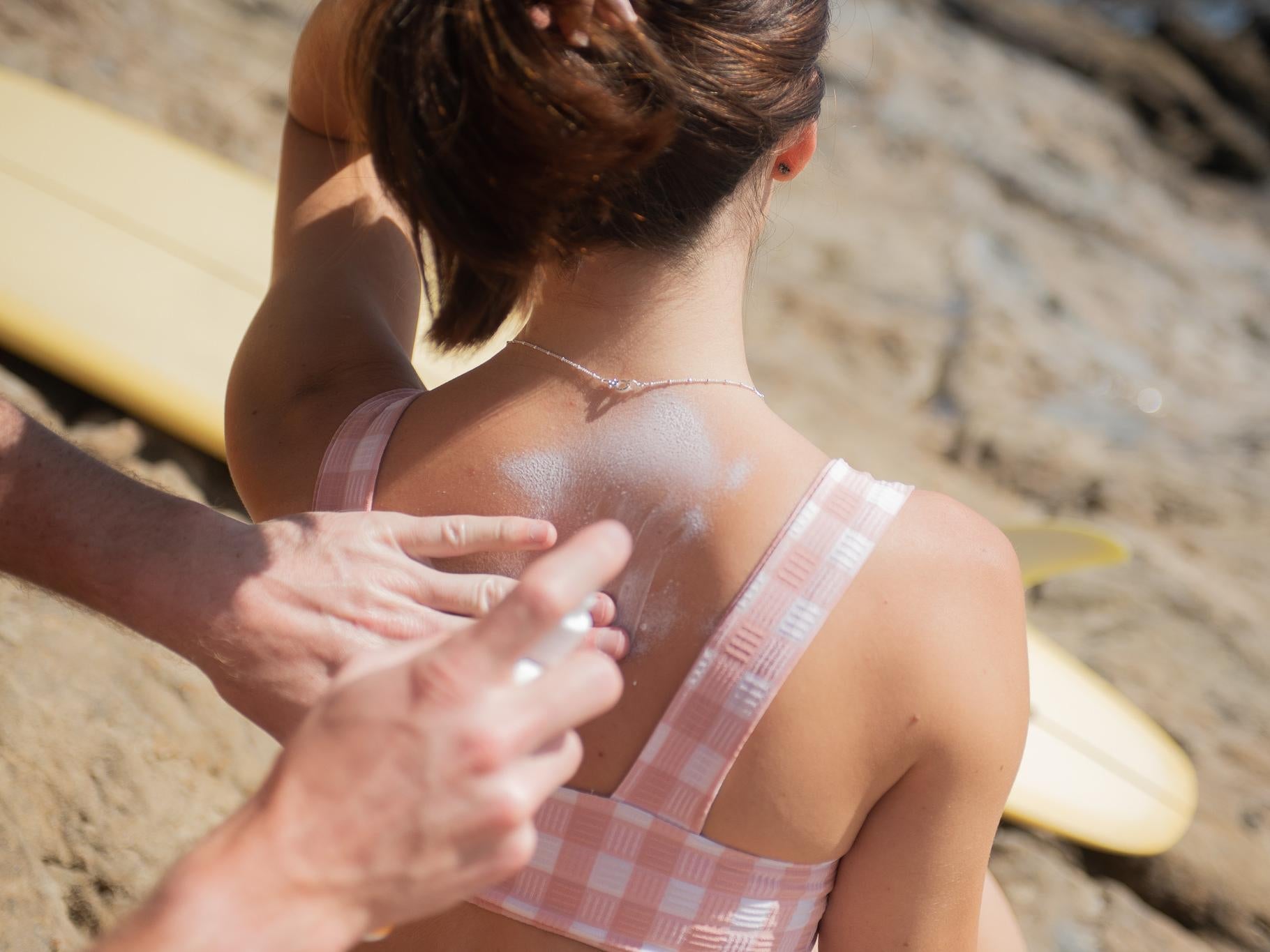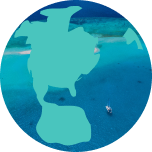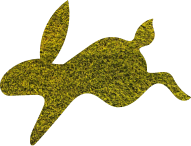
How Greenwashing Affects Sunscreen Products and What You Can Do About It
Sunscreen Greenwashing: What It Is and What You Can Do About It
You’ve been to the store for sunscreen, stared at an overwhelming number of sun care products, and probably wondered where to begin. You might think of choosing a “reef-safe” or “reef-friendly” product because you respect the environment.
But before you grab that bottle, find out a little more about greenwashing. While some brands think they’re doing a good thing with their “reef-safe” products, they don’t give you all the information. If you want to support the environment and advocate for the purest forms of sun protection, here’s what you need to know.

What Is Greenwashing?
Greenwashing is when a company uses marketing tactics that make its products appear environmentally friendly. Some companies have good intentions, but others’ unsubstantiated claims don’t come from a place of love for the environment. Even exaggerating how much a product doesn’t impact the environment is misleading.

What Does It Mean for Sunscreen and Baby Sunscreen Products?
With greenwashed products on the market, you have to be extra particular about the sunscreens you choose for yourself and your family. You want to avoid chemicals like oxybenzone and octinoxate, but you aren’t sure if you can trust terms like “reef-safe” anymore.
First, do some research. The term “reef-safe” means a product is free of the two potentially harsh chemicals that start with an “O,” but there’s no standard test to determine if any product is entirely safe for marine life like coral reefs.
Learn what labels you do want to see on your and your baby’s sunscreen.
What Can You Do for Yourself, Your Family, and Your Little Ones?
Instead of settling for greenwashing, seek out brands you can trust. They will be totally transparent about the processes and claims they make for their products. You can also choose products that fit your and your family’s lifestyles, like baby sunscreen for your little ones and active sunscreen if you’re swimming and surfing under the sun for long hours. Our Swim & Sport Mineral Sunscreen Spray is formulated with natural bentonite clay, designed to withstand physical activity from the ocean to the mountains Of course, they can still be high-quality, mineral sunscreens without potentially harsh ingredients. Mineral sunscreens with zinc and titanium dioxide are Hawaii-compliant.

What Labels Should Sunscreen and Baby Sunscreen Products Have?
In addition to looking at ingredient lists and identifying unsubstantiated claims, you can look at other labels that support a brand’s mission to offer high-quality products that are safe for you and your family. These may include Certified B Corporation, Cruelty-Free, Animal Test-Free (PETA), EWG Verified™, vegan, and gluten-free. Sun and skin care products you’ll use for little ones should also be dermatologist and pediatrician tested and approved.

With warmer months ahead, the first thing you can do to support your skin is to find a skin, body, and hair care brand you trust—a brand that stands behind the same values as you or the ones you aspire to uphold. Then, you can choose a sun care product from their collection that is Hawaii-compliant and feels good on your skin.





